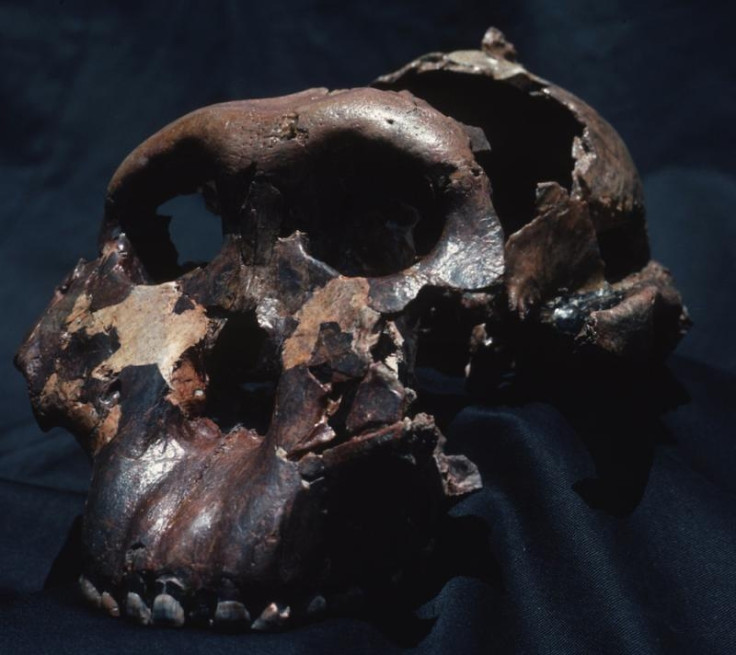UK's First Humans in Norfolk May Have Been Cannibals

Britain's first humans, known as Pioneer Man, could have been cannibals who ate their own relatives in a fierce struggle for survival.
Professor Chris Stringer of the Natural History Museum in London told the Mirror: "There is evidence of cannibalism among Pioneer Man from another 800,000-year-old site, Atapuerca in Spain. Even an eight-year-old child's remains there show butchery marks.
"We don't know if this was having to eat their dead fellows to survive in a crisis - like the Chilean rugby players in the Andes after their 1972 plane crash.
"They may have done it in desperation or it may have had more sinister motives. It is known that more modern groups have eaten relatives' remains to consume their kin's knowledge and courage.
"More modern humans were certainly practising cannibalism. We have found evidence as recent as 14,700 years old at Cheddar Gorge in Somerset.
"We have human bones processed for food, tongues removed and heads specially treated. And we have found a bowl made from a human skull. It was scalped, cleaned of flesh, the eyes were cut out then they actually trimmed it to make the bowl."
Pioneer Man lived alongside hippos, mammoths, rhino and hyenas - which grazed the river valley amid dense pine forest - and used flint tools to skin and butcher bison, deer and horses for food.
They also supplemented their diet with shellfish, lugworms and seaweed from the tidal mud flats.
Evidence shows that an adult male was about 5ft 8in tall with size 8 feet.
The incredible find at Happisburgh, 17 miles north-east of Norwich, is the earliest evidence of human occupation anywhere outside Africa and one of the most important archaeological discoveries ever in Britain.
Experts are still working at the site and hope the present storms battering Britain may uncover human fossils. "The oldest footprints found are from 3.5million years ago in Tanzania. The Happisburgh ones are fourth oldest," said Dr Stringer.
These finds will feature with the cannibal skull cup, in a new exhibition called Britain: One Million Years of the Human Story, opening at the Natural History Museum on Thursday 13 February.
Other highlights include a hippo tooth from Trafalgar Square at a time these animals swam in the Thames and the skull of a woolly rhinocerous from Peterbororough.
© Copyright IBTimes 2025. All rights reserved.




















